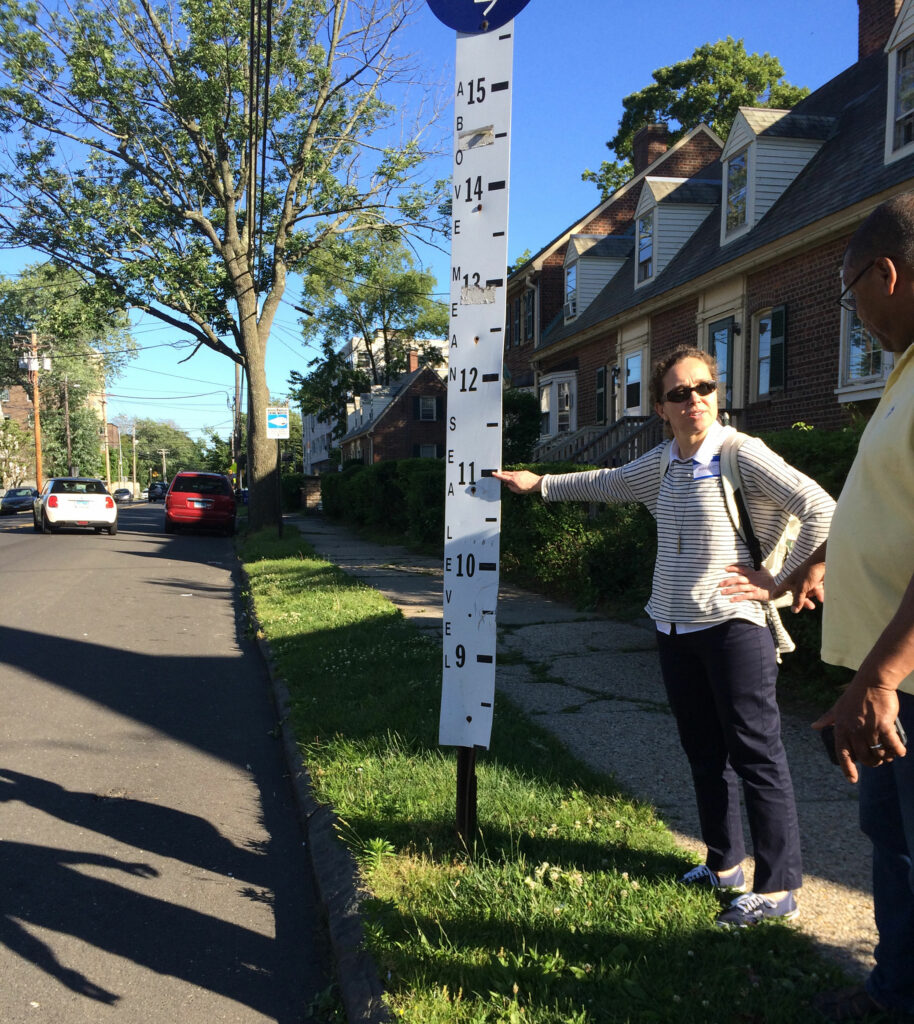As heavy rainfall, storms, and hurricanes grow more powerful, communities in coastal areas are increasingly susceptible to the impacts of climate change. The 2017 hurricane season demonstrated this vividly. As communities struggle to clean up and rebuild, the topic of relocation is often taboo and politically fraught. However, our research shows that voluntary, community-driven relocation can actually contribute to recovery.
Research by NYU’s Institute for Public Knowledge and Rebuild by Design surveyed residents in the storm affected communities after Hurricane Sandy and asked about the key factors that drove residents’ decision to stay or leave their neighborhood. The survey of 225 respondents from 11 areas in New York City, New York State, and New Jersey found that residents that moved fared better. Residents in communities that successfully organized for buyouts appear to have benefited psychologically.
Read: When rebuilding no longer means recovery: the stress of staying put after Hurricane Sandy in SpringerLink, by Liz Koslov, Alexis Merdjanoff, Elana Sulakshana & Eric Klinenberg
Abstract: After a disaster, it is common to equate repopulation and rebuilding with recovery. Numerous studies link post-disaster relocation to adverse social, economic, and health outcomes. However, there is a need to reconsider these relationships in light of accelerating climate change and associated social and policy shifts in the USA, including the rising cost of flood insurance, the challenge of obtaining aid to rebuild, and growing interest in “managed retreat” from places at greatest risk. This article presents data from a survey of individuals who opted either to rebuild in place or relocate with the help of a voluntary home buyout after Hurricane Sandy. Findings show those who lived in buyout-eligible areas and relocated were significantly less likely to report worsened stress than those who rebuilt in place. This suggests access to a government-supported voluntary relocation option may, under certain circumstances, lessen the negative mental health consequences associated with disaster-related housing damage.
